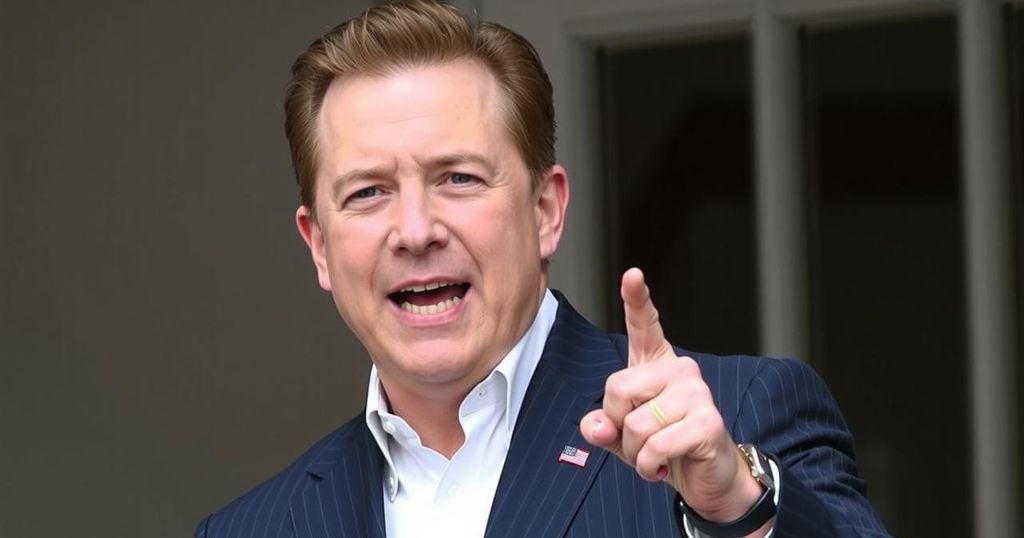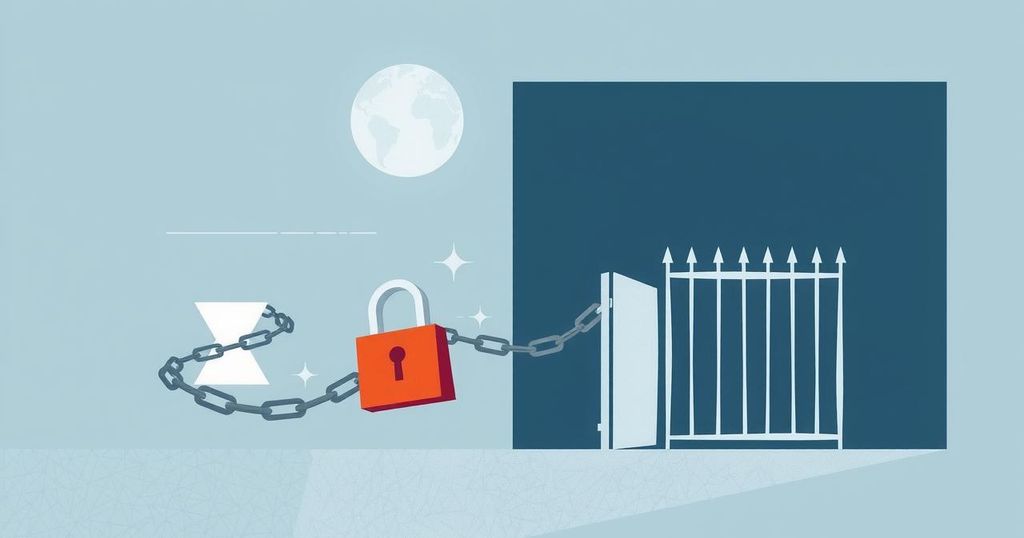German Government Reacts to Elon Musk’s Support for Far-Right Party
Elon Musk’s endorsement of the far-right AfD party in Germany has provoked controversy and government response as the nation approaches its general election. His support has sparked media backlash and discussions regarding free speech, culminating in the resignation of a newspaper editor. The AfD, monitored for extremist activities, remains a controversial force in the electoral landscape as other parties refuse to collaborate with them.
The German government is attempting to mitigate the impact of Elon Musk’s support for the far-right Alternative for Germany (AfD) party as the country approaches its general election. Musk’s recent endorsement in a prominent newspaper provoked significant controversy, resulting in the resignation of the editor responsible for the opinion section. Government spokesperson, Christiane Hoffmann, remarked on Musk’s influence, emphasizing that the AfD is under surveillance for alleged right-wing extremism. While the AfD is performing well in polls, its leader, Alice Weidel, remains unlikely to become Chancellor due to widespread rejection from other parties.
Musk’s commentary, published in Welt am Sonntag, reiterated his view that the AfD represents hope for Germany, asserting that the party could usher in a reality characterized by “economic prosperity, cultural integrity, and technological innovation.” He defended his commentary by claiming his investment in the country lends him the credibility to speak on its issues. However, reactions within Germany have been mixed, sparking a debate about free speech and accountability in the media.
Musk’s provocative remarks, including questioning the characterization of the AfD as extremist, have led to heightened scrutiny and backlash against the newspaper for offering him a platform. Eva Marie Kogel, the opinion editor, expressed her disapproval of Musk’s publication by resigning from her position. The broader discourse has raised concerns about foreign influence in national politics, particularly as Germany prepares for an early election on February 23, after the collapse of Chancellor Olaf Scholz’s coalition government.
As Germany approaches an early election scheduled for February 23, political tensions have escalated following the collapse of the governing coalition led by Chancellor Olaf Scholz. Elon Musk, a prominent tech entrepreneur, has publicly endorsed the AfD, sparking significant backlash and raising questions about free speech and the role of foreign individuals in national politics. The AfD has been under surveillance for extremist views, complicating Musk’s endorsement.
In conclusion, Elon Musk’s endorsement of the far-right AfD party has ignited a significant political and media controversy in Germany. The government’s effort to downplay this influence highlights the delicate balance between freedom of expression and the potential ramifications of foreign involvement in domestic elections. As voters prepare for the upcoming election, the impact of Musk’s statements continues to provoke debate about the nature of political discourse and accountability within the media.
Original Source: www.voanews.com




Post Comment